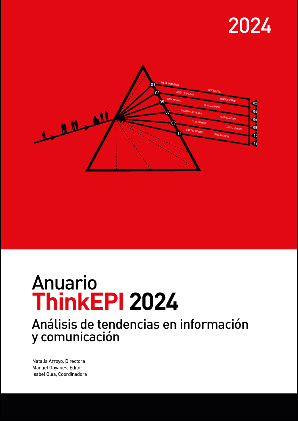Futurization studies: Trend or consolidation and maturation of foresight methodologies?
DOI:
https://doi.org/10.3145/thinkepi.2024.e18a12Keywords:
Futurization, Trend analysis, DeflyCompass methodologyAbstract
In this article, the growing importance of futurization is addressed, focusing on anticipating and shaping the future through the analysis of trends, emerging technologies, and strategic decisions. This field is essential for decision-making in businesses, governments, and public policies, adapting to an ever-changing environment. International organizations such as the Inter-Parliamentary Union, the United Nations Development Programme, and Unesco promote these studies to strengthen democracy and human rights, anticipate threats, and seize opportunities. The history of futurization begins in the 1950s with the French school of thought led by Gastón Berger and Bertrand de Jouvenel, who established the theoretical foundations of foresight. Michel Godet, another influential French economist, also made significant contributions. The methodologies vary by region but share common elements such as the conditionality of forecasts, the presence of alternative paths, and the freedom to make decisions. This article highlights the DeflyCompass methodology, developed by Open Future Lab, which combines Design Thinking and trend analysis to generate innovative proposals.Downloads
Download data is not yet available.
Downloads
Published
2024-07-24
How to Cite
Ferrer-Sapena, A., & Sixto-Costoya, A. (2024). Futurization studies: Trend or consolidation and maturation of foresight methodologies?. Anuario ThinkEPI, 18. https://doi.org/10.3145/thinkepi.2024.e18a12
Dimensions
Issue
Section
Comunicación científica y evaluación de la investigación


